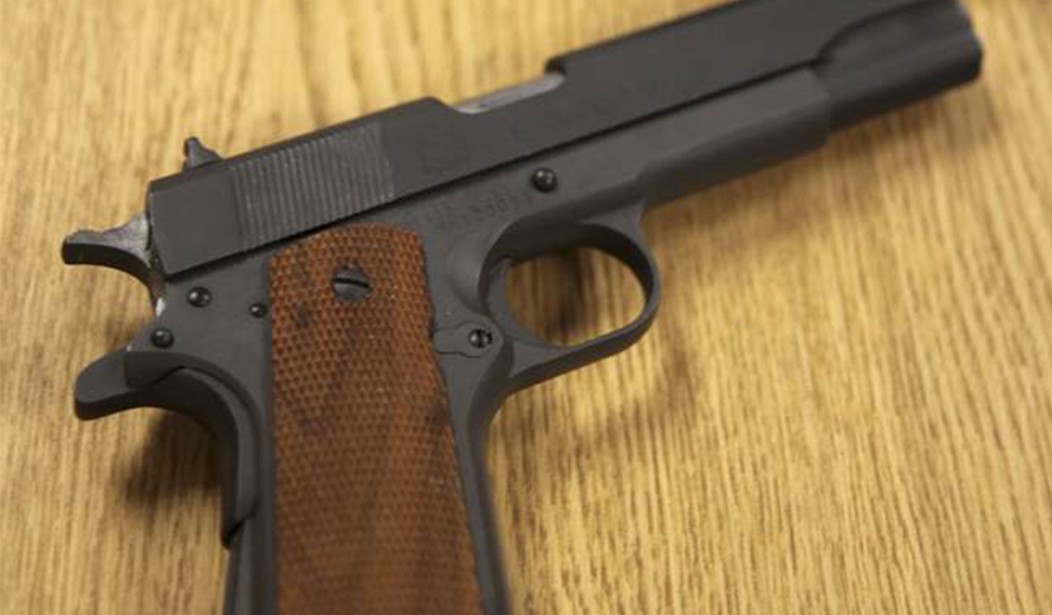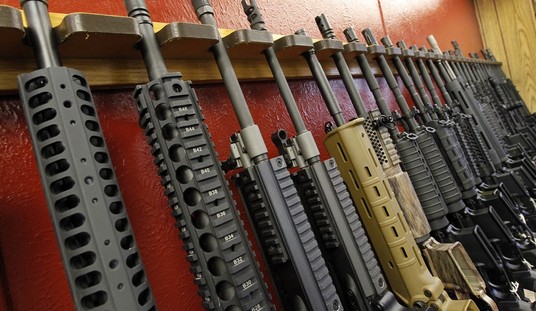Federal law holds that felons cannot lawfully buy firearms. For the most part, that's a relatively non-controversial law, especially when you're talking about violent felons.
Granted, many others argue that if a felon represents a danger, why are they out of prison in the first place? Further, those who are still a danger don't seem to have a problem getting firearms anyway.
Non-violent felons, though, are different.
After all, do we really need to be concerned that the guy who did two years for tax evasion--something I, personally, think should be a civic duty to some extent versus a heinous crime--is suddenly going to start knocking over liquor stores?
Not really.
And according to the Ninth Circuit, of all people, those felons should retain their right to keep and bear arms.
Today's U.S. v. Duarte, written by Judge Carlos Bea and joined by Judge Lawrence VanDyke, concludes that the Second Amendment protects some felons (at least after the end of their criminal sentences). The majority begins with the principle that:
[The Supreme Court's decision in] Bruen instructs us to assess all Second Amendment challenges through the dual lenses of text and history. If the Second Amendment's plain text protects the person, his arm, and his proposed course of conduct, it then becomes the Government's burden to prove that the challenged law is consistent with this Nation's historical tradition of firearm regulation.
It reasons, much historical analysis later, with the view that:
A more faithful application of Bruen requires the Government to proffer Founding-era felony analogues that are "distinctly similar" to Duarte's underlying offenses and would have been punishable either with execution, with life in prison, or permanent forfeiture of the offender's estate.
And, the majority concludes, this defendant's particular past convictions—for vandalism, drug possession, evading a peace officer, and being a felon in possession of a firearm—did not qualify.
Judge Milan Smith dissents, concluding that pre-Bruen Ninth Circuit precedent categorically holds that all felons lack Second Amendment rights; the majority and the dissent disagree on whether Bruen overruled that precedent. The dissent, in particular, argues that (1) Bruen "repeatedly limited its definition of the scope of the right to 'law-abiding' citizens, using that phrase no fewer than fourteen times throughout the opinion," (2) "Nothing … in Bruen reflects a retreat from the Court's earlier statement in Heller that 'longstanding prohibitions on the possession of firearms by felons and the mentally ill' are 'presumptively lawful,'" and (3) concurrences in Bruen reaffirmed the Heller view with regard to felons.
Now, while I understand legal stuff beyond what most people do, my understanding is well short of an attorney. I can't begin to opine on the legal reasoning of these two because Judge Smith isn't wrong in regards to what Heller and Bruen said.
But "presumptively" isn't a synonym for "always", and Bea and VanDyke also cited Supreme Court statements in their majority opinion.
Now what?
The government may well file for an en banc hearing, which is where things get interesting. While it's likely the ruling on Rahimi may influence the court, we still have two judges who support gun rights for non-violent felons, Benitez who may well support it as well. Depending on how Rahimi goes, it may well tip enough from the en banc panel to support the same.
Or, it may flip the other way and the DOJ decides to take this to the Supreme Court.
Either way, this just got interesting.








Join the conversation as a VIP Member